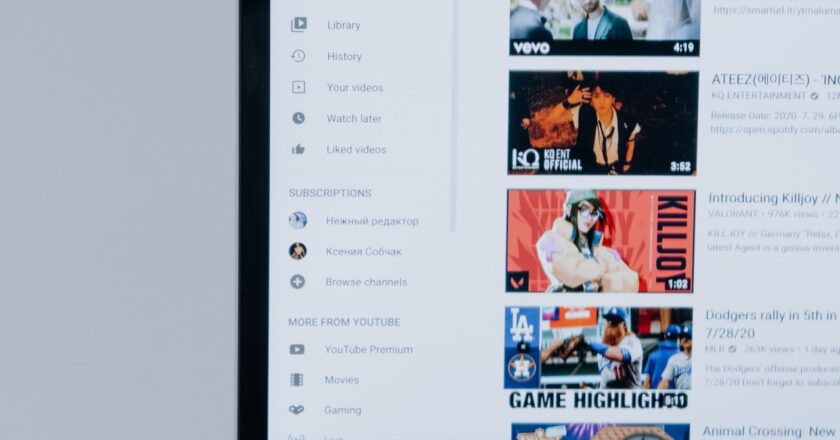When it comes to search engine optimization, many focus on Google algorithms, sitemaps, and backlinks and tend to forget their primary goal: providing users with helpful information.
Years before, cramming keywords into your page and slapping on several meta tags can make your web page appear on the first top 10 search engine results pages (SERPs). However, Google recognized that these methods do not provide users with top-quality answers to search queries. As a result, it began to adapt its algorithms to improve the user experience. You can find the evidence in updates like Panda (February 2011), Core Web Vitals, and other regular core algorithm updates.
You do not necessarily need to abandon keywords and the traditional SEO aspects completely. Google still takes the fundamental attributes of SEO into account. However, implementing a user-first approach plays a significant factor in organic search.
Follow these 5 essential steps to make a user-friendly website and increase your ranking on the SERPs.
- Learn Design Fundamentals
Having a clear understanding of the design fundamentals helps you improve user experience and make your website run smoothly and naturally. Be sure to work with a professional who understands the principles of design fundamentals and explains the psychology behind them. Knowing the reasons why can help you make better decisions that will have a desirable impact on your users.
- Addressing User Pain Points
Statistics is essential when working with an established website and dealing with various user problems. Google Analytics can help determine pain points that trigger users to leave your website. Setting up heat mapping and logging can also help address user pain points. Heat-mapping tools allow you to monitor how visitors interact with your website.
Some solutions enable screen recording to keep track of how visitors navigate through web pages and identify the factors that prevent conversion. Obtaining this information can help you make better choices on how you can improve your pages and ensure a desirable user experience. Additionally, it allows you to see and re-evaluate the specific benefits that your visitors are looking for from your website.
- Test Everything
After acquiring data, do not start making adjustments and improvements to your website. While the information you have gathered does not necessarily provide solutions, it can help identify potential pain points.
If you detect a problem or need to perform a significant change in your page’s layout, put up an A/B test to ensure that the revision is beneficial to the users. A/B testing involves the distribution of traffic between 2 versions of a similar page. Check which page version performed better. It should help you enhance your objectives during a specific time and with a certain number of conversions.
The data you acquired from your A/B testing efforts can help address and confirm or refute your theory about the pain points. This helps determine if you are on the right path toward a solution and make sure that the adjustments are helpful and do not injure your users.
- Give the Users What They Desire
Balance is everything in SEO. If your goal is to only please the search engines, you will likely fail to connect with your target audience. If you focus all your efforts on designing your website from the user’s point of view, you can potentially overlook other valuable search engine elements. To hit the sweet spot, make sure to focus on both users and search engines.
- Continue to Learn
To be an expert in digital marketing, you should be ready to expand your knowledge and explore more about SEO. As Google continues to modify its search algorithm, you should continue to look for new strategies to attract more website visitors and boost your search engine rankings.














